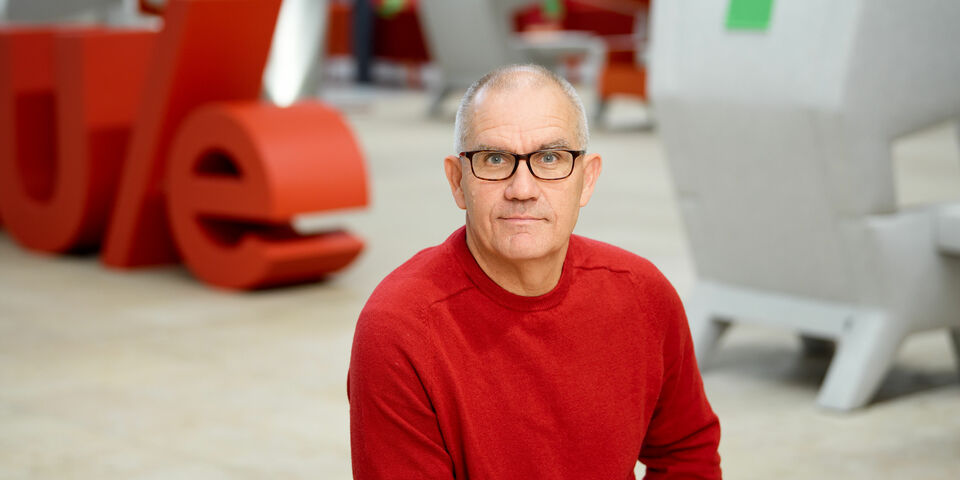Pushing at an open door
Last week, as I was leafing through a report by Berenschot – commissioned by the Ministry of Education, Culture and Science – about what the COVID-19 pandemic has taught higher education, it felt as if I was pushing at open doors. Most of what I read seemed perfectly obvious to me. The most important question that remains, I would think, is what lessons we still have to learn.
Let’s start with a few of the findings in the Berenschot report: research and applied sciences universities don’t want to ban online education after the pandemic; digital education won’t disappear altogether. You don’t say! To my understanding, this trend preceded the pandemic by a good many years.
Another discovery: the COVID-19 pandemic proved the importance of the social component of learning. Again, it seems unlikely that this will come as a shock to the academic community. It would be an outright embarrassment if it took a pandemic to make institutions of education aware of this insight.
And the report continues to state the obvious: the pandemic created more opportunities for students with a disability or a chronic disorder to follow classes online. Duuuh…
But the researchers also write: “In general, the pandemic didn’t lead to a drop of credits being obtained by students, even though the long-term effects remain unknown.” Alright, that’s remarkable, especially since those same researchers also state elsewhere in the report that “in general, students seemed to suffer a learning loss.” Those two statements are difficult to reconcile.
Something else the researchers at Berenschot noticed: the pandemic resulted in a new discussion about education. That discussion focused more on the competencies and skills of students, and less on “fixed norms and hours.” At the same time, “institutions and experts” observed that some programs had trouble breaking old patterns and “making immediate use of the space that had been freed up.” Note to self: how is this discussion taking place at our institution?
Looking back and learning from the past is always a good thing, but how can we benefit from it in the short term? When I walk around the study areas in the Auditorium, I often see students gazing into the distance absentmindedly. Recalling the words of minister Hugo de Jonge, I would like to say: “It seems that we’re done with COVID (until the fall?), but the aftermath of the pandemic and the effects it has on our students’ wellbeing continues to affect us.” As the summer break with all its endless possibilities beckons, we need to remind ourselves of that. Not just on an institutional level, but let’s also keep an eye on those around us as individuals.


Discussion